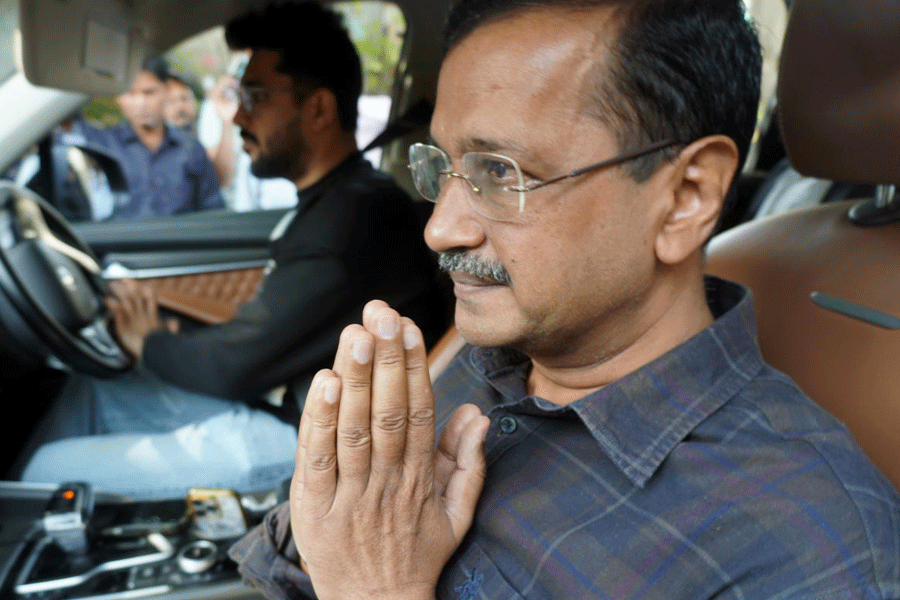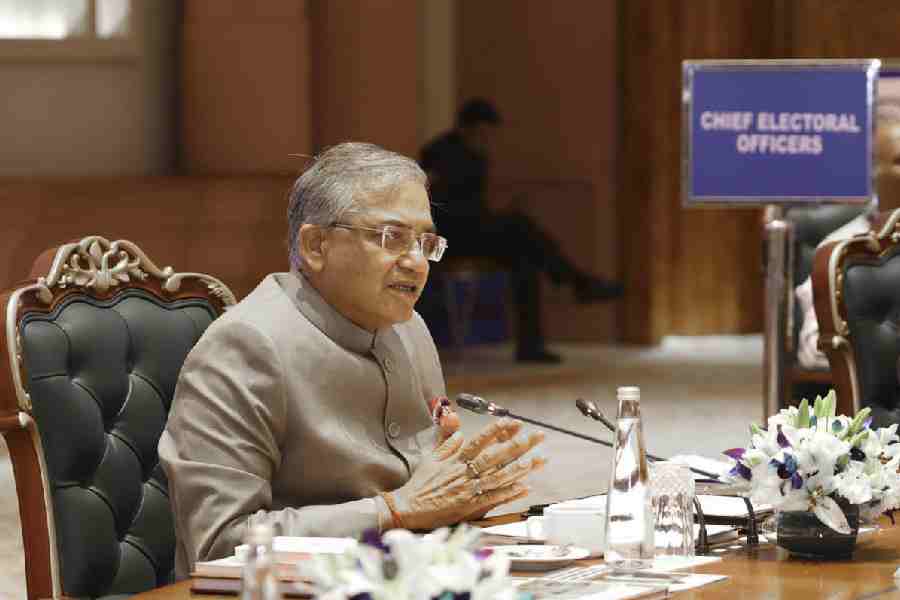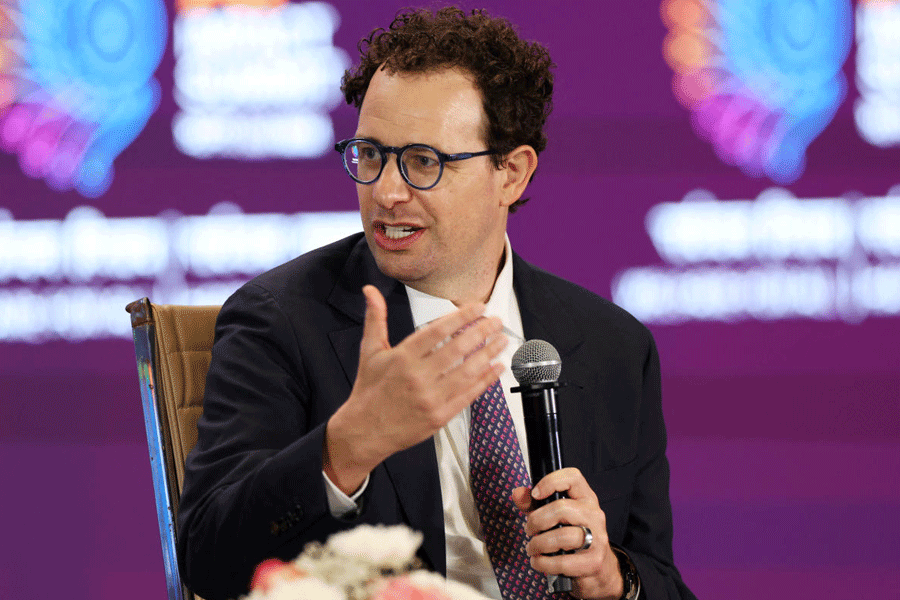Worth a splurge
Sir — After frugal February, July is now the next designated month to cut down on needless expenses. ‘No buy July’ is a trend in which people swear off discretionary spending for a period of time to save and get a handle on their finances. Bengalis, of course, will find it difficult to rein in expenditures in July, the month when the market gets the first flush of ilish for the year. In fact, Bengalis would rather save money eleven months of the year so that they can splurge on hilsa — prices of this fish have jumped exponentially this season — during the monsoon.
Rimika Ghosh,
Calcutta
Poor alternative
Sir — A billionaire launching a political party should ring every democratic alarm bell. Elon Musk’s newly-launched America Party is built on frustration and funded by unimaginable personal wealth. It sets a dangerous precedent. When money replaces ideology and social media replaces deliberation, the result is not reform but oligarchy. The United States of America risks becoming a plaything for the ultra-rich where influence is purchased not earned. The republic’s founding ideals were never meant to be twisted into one man’s vanity project.
G. David Milton,
Maruthancode, Tamil Nadu
Sir — Discontent with existing political parties is understandable. But replacing them with a technocrat’s political fantasy is not. Elon Musk presents himself as a freedom-restoring saviour yet offers no plan for coalition-building, public welfare, or systemic reform. Slashing regulations and pushing Artificial Intelligence will not fix inequality or rebuild trust. America deserves seriousness, not cosplay Caesarism.
Arun Gupta,
Calcutta
Sir — The sudden arrival of the America Party suggests politics is now just another field for Elon Musk’s experiments. Democracy demands long-term effort, deep engagement and real dialogue. It cannot run on vibes and venture capital. Voters are already cynical. A party without structure, vision or legitimacy risks deepening that disillusionment. Grandstanding about deficits and tweeting about ancient Greek battles will not cut it. Leadership requires clarity.
Noopur Baruah,
Tezpur, Assam
Sir — If Elon Musk truly wanted to help Americans, he might have funded a few libraries instead of forming the America Party. His pitch for his party reads like that of a business start-up: ambitious, disruptive, and poorly defined. The comparison to ancient warfare is dramatic but absurd. Politics is not a battlefield and people are not pawns. The US faces complex challenges. A party built on algorithmic popularity contests and billionaire frustration lacks the grounding to address them.
Shinjini De,
Calcutta
Different politics
Sir — The contrast between Zohran Mamdani and Arvind Kejriwal highlights a deeper truth: the American political system, despite its flaws, still allows outsiders to rise within established parties (“Two upstarts”, July 6). In India, outsiders must build their own parties from scratch. That speaks volumes about how tightly India’s party structures are controlled from the top. Mamdani could challenge Andrew Cuomo through a transparent primary. Kejriwal had to create an entirely new political vehicle to be taken seriously. Inner-party democracy is not a luxury. It is a necessary feature of any political system that wants to renew itself.
Anthony Henriques,
Mumbai
Sir — There is something quietly radical in the way both Arvind Kejriwal and Zohran Mamdani made public welfare the centrepiece of their campaigns. Free bus rides, subsidised electricity, mohalla clinics, rent freezes — these are not grand ideological statements, they are precise interventions into the lives of the working class. Mamdani’s message in New York and Kejriwal’s early policies in Delhi show that practical populism can mobilise voters without relying on spectacle or communal politics. This is politics at its best: tangible, local, and transformative when done with consistency.
Rajib Bhattacharyya,
Calcutta
Toothless tigers
Sir — State Human Rights Commissions were meant to be sentinels (“Watchdog’s whimper”, July 5). Instead, they have become shadows — underfunded, understaffed, and unknown. With vacancies at senior levels nearing 50% and entire states lacking investigative wings, SHRCs are watchdogs with no teeth. Prisons go unvisited, violations go unexamined, and justice remains out of reach for common people. Institutions meant to protect the powerless now sit powerless themselves.
T. Ramadas,
Chennai
Sir — The low number of complaints received by SHRCs is not a sign of peace. It is a symptom of public disengagement. People either do not know SHRCs exist or do not believe they will be heard. Most websites are outdated or unusable. Without visibility and access, a rights body makes little impact.
Atul Krishna Srivastava,
Navi Mumbai










